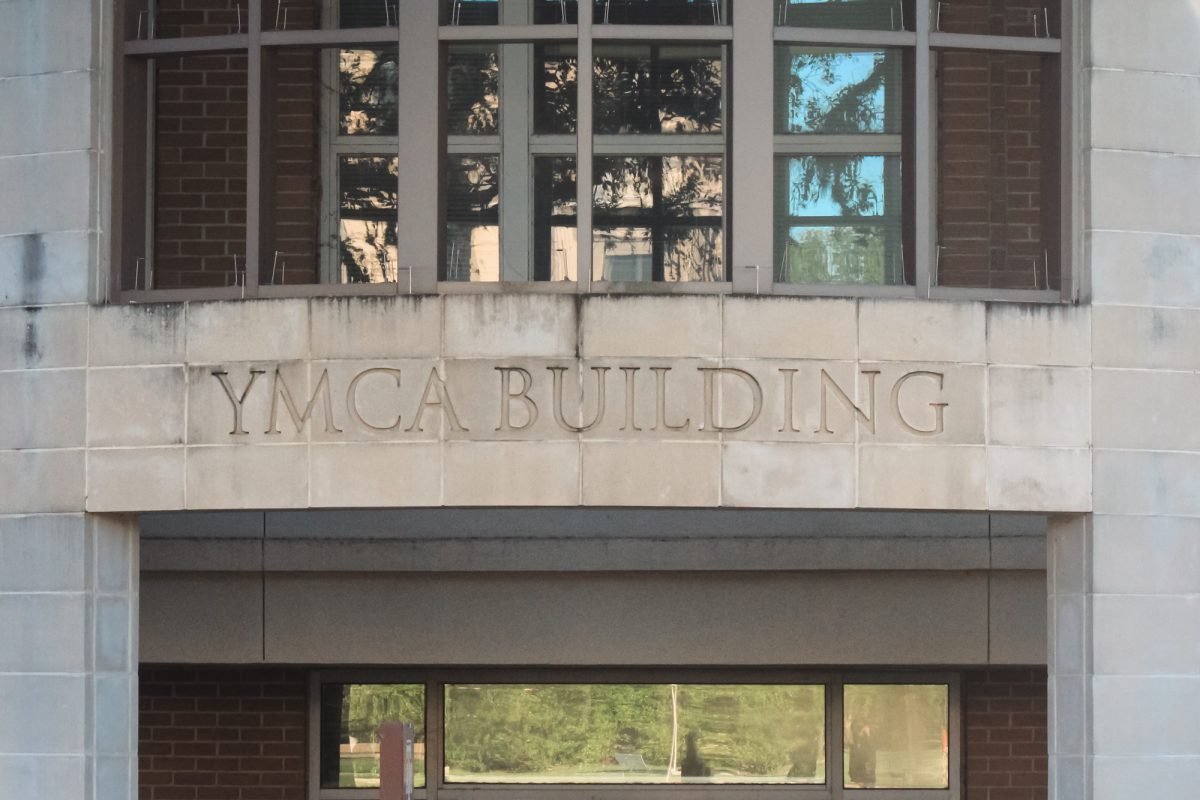What do you think of when you hear the word “philosophy?”
Maybe you think about the cringy “our philosophy” statements that summarize the core values of any number of large companies. Or perhaps you think philosophy simply refers to a set of personal dispositions or beliefs that someone has on a given subject. Or maybe you even think of the philosophers of ancient Athens, like Plato and Aristotle.
Regardless of the ideas that the word evokes in your mind, a large number of people have been misled into false notions of what “philosophy” really is, and many have consequently begun to believe that philosophy is essentially useless.
At this point, you may have scrolled down to the bottom of this article to see if I’m a philosophy major. Big surprise — I am. However, even if you think I’m biased on the subject’s usefulness, I hope you’ll consider my points with a charitable attitude.
Generally speaking, people tend to divide criticisms of undergraduate academic philosophy into two categories: Either they believe that philosophy won’t help anyone in a utilitarian sense — for example, they think it won’t help anyone get a job — or they believe that philosophy itself is a useless subject.
Let’s go over the first claim. Is philosophy really that much of a hindrance in career advancement?
Absolutely not.
Undergraduate students tend to either go into graduate school or the workforce after they’ve finished college.
As far as graduate school is concerned, philosophy majors excel. When considering all majors, philosophy comes in with the highest average score on the GRE, the second highest average on the LSAT (in a three-way tie) and the fourth highest average on the GMAT. Unfortunately, major-specific scores are not published for the MCAT, but philosophy would probably do pretty well there if the trend continued. Considering that there are dozens of potential major choices, philosophy seems like a great bet for graduate schools.
But what about actually getting a job? Surely most philosophy employees end up at McDonald’s, even if they are good at taking standardized tests.
I will admit, petroleum engineers are going to get a better starting salary than students of philosophy, but that’s to be expected. Thankfully, philosophy majors do excel in their own right. Philosophy has the highest starting salary of any humanities major, and the 10-year salary for philosophy majors outstrips many more “practical” majors like finance. Philosophy majors go into a variety of jobs too; they can go into teaching, bioethics, consulting or — with a few additional years of education — academia and law.
Sure, perhaps this data is partially due to correlation rather than causation — maybe the students who tend to do well on these standardized tests just choose philosophy more often, or maybe the students who tend to get well-paying jobs just happen to be philosophy students.
However, I would wager that there is a causal factor here. Unlike some might be led to believe by the misconceptions listed earlier, philosophy is concerned with a rigorous and detailed analysis of the most fundamental features of reality. Questions about the existence of God, morality, formal logic, political governance and the nature of knowledge are all studied in philosophy, and as anyone who’s taken PHIL 240 will tell you, it’s not always easy.
Studying philosophy often requires analyzing dense texts on one or more of these subjects; this helps develop analytical reasoning, reading comprehension and, of course, a better understanding of the subjects of philosophy themselves.
In essence, this is why philosophy is both imminently useful for a career as well as useful to learn on its own. It requires a high degree of intellectual rigor, one that predisposes its students to be critical in business and intelligent in academics. At the same time, it allows you to challenge your most fundamental notions of reality and become a more informed and thoughtful person.
And the best part? You don’t have to major in philosophy. You could just take an intro class, get a minor or even a certificate.
But I think the evidence speaks for itself: If you want to acquire the critical thinking to succeed in your career or academics while studying fascinating and insightful topics, take a philosophy class.
Kaleb Blizzard is a philosophy sophomore and opinion writer for The Battalion.










